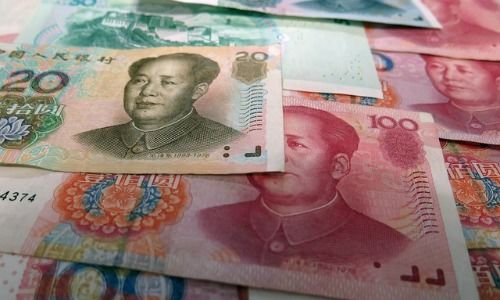China Hits Black Market Bankers Hard With New Regulations
To curb capital flight, China's regulators are imposing tougher punishments on underground bankers moving money in and out of the country.
Bankers trading in large amounts of foreign currency unofficially in China will now be charged with the crime of operating an illegal business and risk facing more than five years in jail, according to a judicial notice that took effect from February. Previously, offenders were only fined.
«The major business for most underground banks is now contra payments, leading to huge capital outflows and great damage to society. It’s the major target of our crackdown,» according to a recent notice issued by China's Supreme People's Procuratorate and reported in «South China Morning Post».
Underground Channelling
The Supreme People’s Court and the Supreme People’s Procuratorate specified that the new rule would apply to underground transactions that involved at least 5 million yuan ($74,000) or led to a profit of 100,000 yuan. In particular, authorities were expanding their scope from the underground channelling of money offshore to include illegal «contra trading» of foreign currencies.
The procuratorate said illegal transfers and foreign currency trading through underground banks had been rising in recent years. Dealers could profit from buying low and selling high on local foreign currency black markets. Recently, these dealers had shifted to unlawful contra cross-border money transfers.
Contra Transfers
In such contra transfers, the money changer holds accounts inside and outside the country, and then attempts to match the demand of buyers and sellers of different currencies, without having to move actual funds across the border.
Clients of underground banks in China send an agreed amount to the banker’s account in China, and the banker then remits the equivalent in foreign currency to the customers’ overseas accounts. The banker carries out a similar transaction with overseas clients, getting them to put money in the banker’s overseas account before remitting the money to the overseas customers’ accounts in China.























